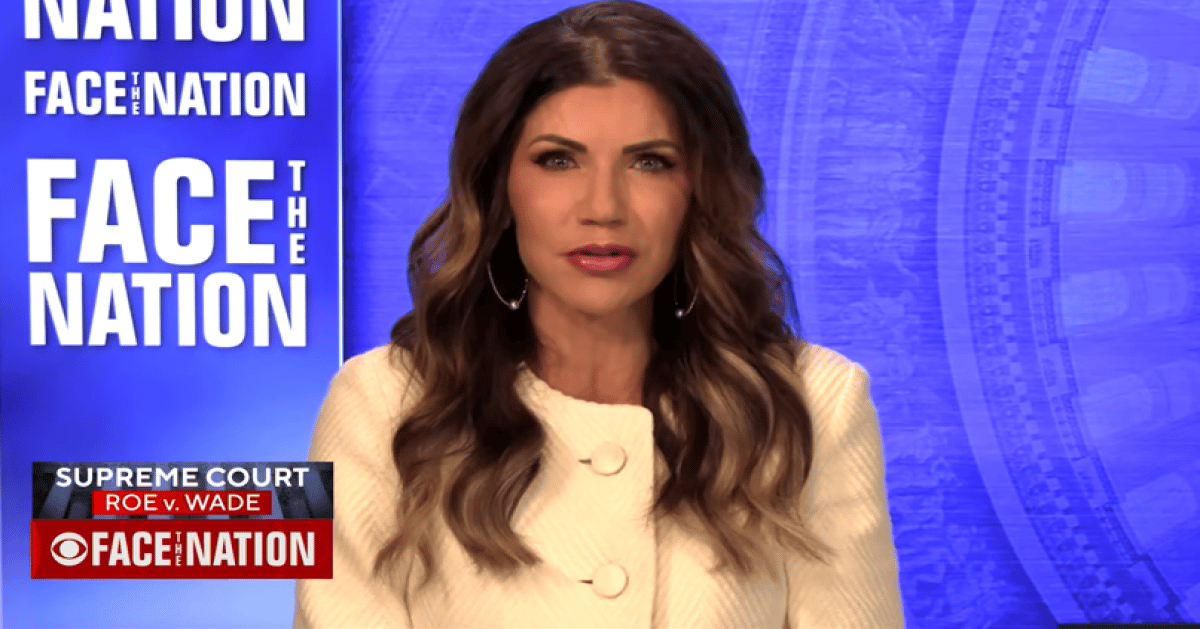





The Supreme Court has taken up a case that questions the constitutionality of the Universal Service Fund's funding mechanism, challenging the balance of power between Congress and the executive.
The Hill reported that The Supreme Court announced last Friday its decision to hear a significant case that could reshape the powers of federal agencies.
This case specifically examines the Universal Service Fund (USF), a program that directs approximately $9 billion annually to enhance telecommunications access for underserved populations.
A lower court had earlier ruled that the way USF is funded violates the nondelegation doctrine.
This legal principle restricts Congress from transferring its legislative authority to executive agencies without clear guidelines.
The doctrine has been seen by legal scholars as somewhat obsolete; however, recent developments have propelled it back into the judicial spotlight. With a conservative majority, the Supreme Court is now poised to potentially reinvigorate this doctrine.
Consumers’ Research, a conservative advocacy group, has been at the forefront of the legal challenge. They argue that the funding method for the USF infringes upon constitutional principles by allowing the FCC to determine funding levels based on private financial projections.
This approach, according to Will Hild, Executive Director of Consumers’ Research, undermines accountability by imposing a "tax" on phone bills, determined by "unelected bureaucrats" and benefiting a private entity directly involved in the financial assessments.
The case gained traction after the U.S. Court of Appeals for the 5th Circuit upheld the argument against the USF's funding method, contradicting earlier rulings and thus creating a split in federal appellate law.
The Department of Justice has voiced its concerns regarding the implications of the appellate court's decision. They contend it could "nullify universal service programs," crucial for millions of Americans, particularly affecting the FCC's ability to manage these subsidies effectively.
"The decision below threatens to devastate the FCC’s ability to ensure sufficient funding for universal service subsidies going forward," the Justice Department stated in its petition to the Supreme Court.
The Supreme Court's review will also consider if the issue is now moot, adding an additional layer of legal scrutiny to the proceedings. This mootness question could allow the court to sidestep the broader constitutional issues at play.
Historically, the Supreme Court has steered clear of making definitive rulings on the nondelegation doctrine, as seen in previous cases involving the Securities and Exchange Commission and laws affecting American Indian child adoptions.
Attorneys for Consumers’ Research emphasize the urgency of the Supreme Court's intervention. "Time is of the essence because the government continues to collect funds for the USF," they argued in court filings.
The outcome of this case could set a significant precedent for how federal agencies operate and are funded. It also tests the limits of Congressional authority to delegate powers, an issue that has seen renewed interest in recent years.
As the case progresses, all eyes will be on the Supreme Court's handling of these complex constitutional questions, which could redefine the landscape of federal regulatory authority and the principle of separation of powers.
The hearings are expected to draw substantial public and legal interest, given the potential ramifications for government operation and oversight across a spectrum of federal activities.



